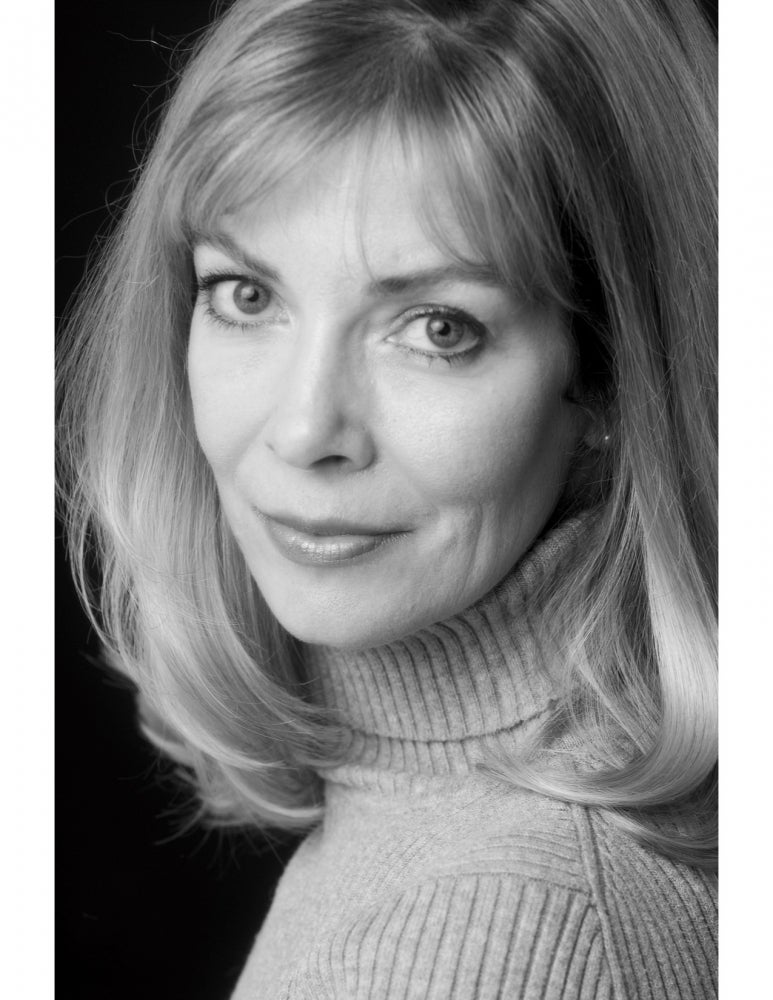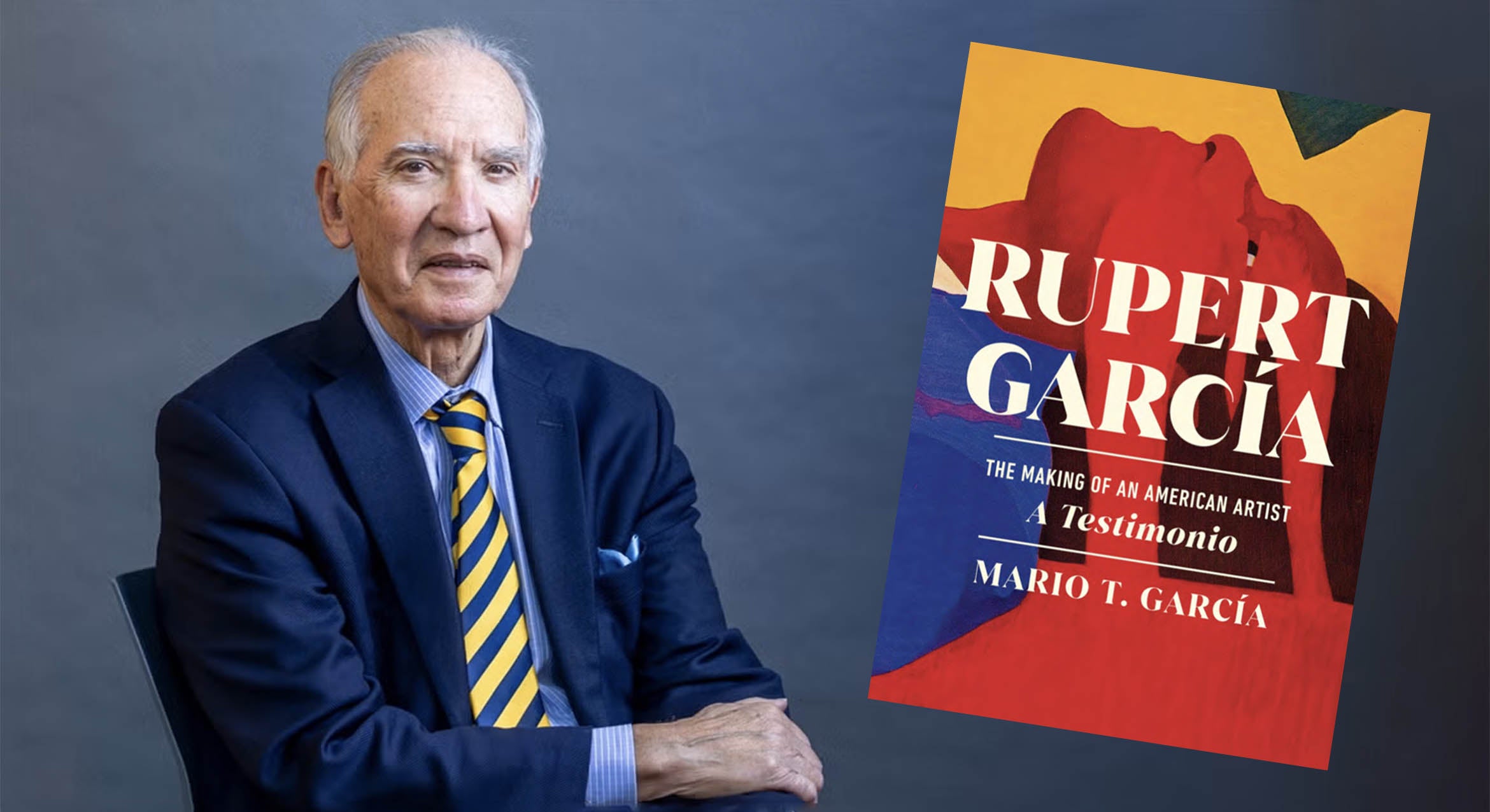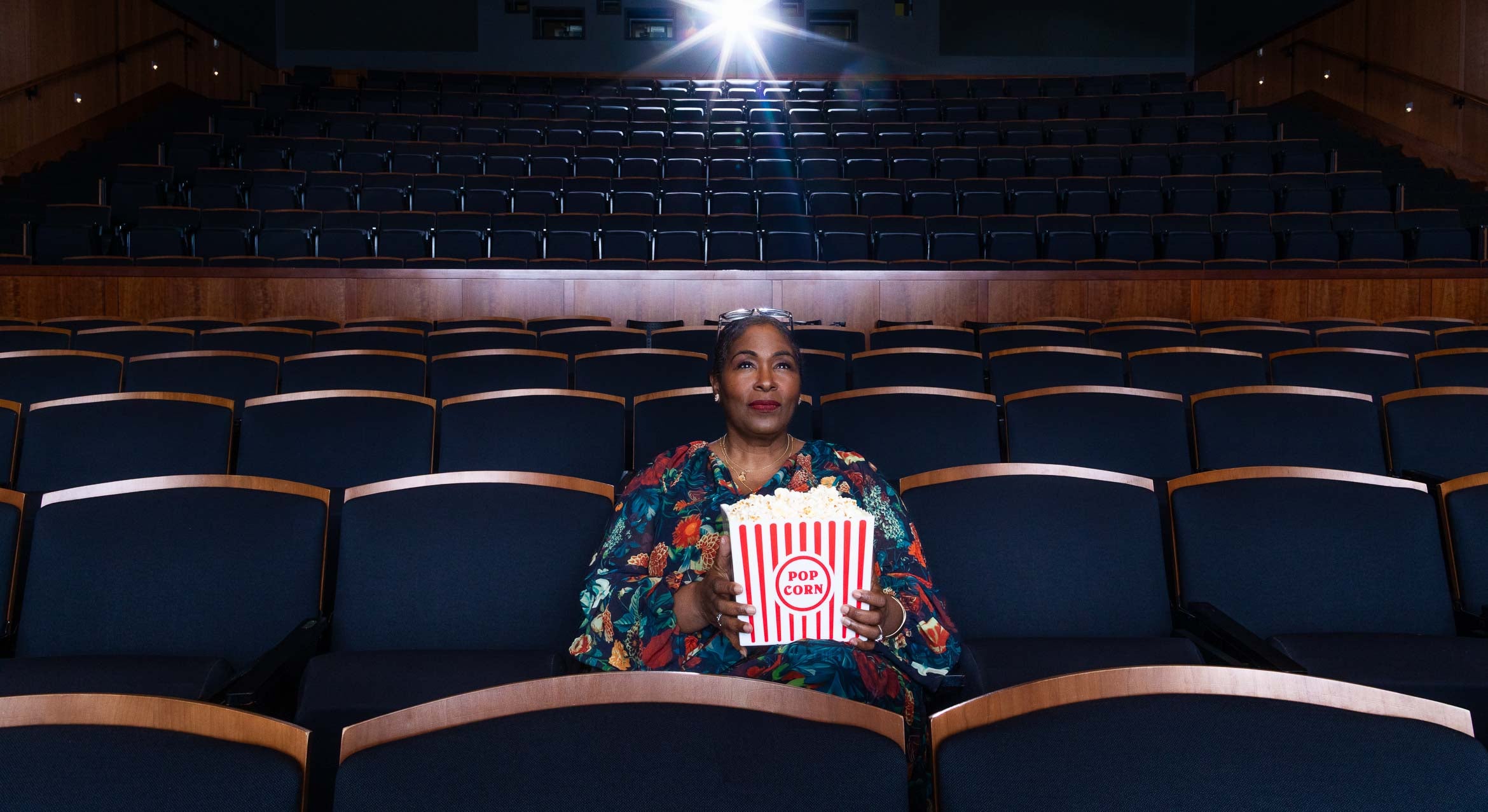The Bard, Off the Page


Heather Stanford’s students can’t sit still. She won’t let them. They mill about the room, seething and bowing and dying with panache. The 14 11th-graders who started the class with practiced indifference now laugh and throw themselves into the exercises, because what could be more engaging for teenagers than “Hamlet”?
And that’s how it should be, insisted Stanford, academic coordinator and lecturer in the Department of Theater and Dance at UC Santa Barbara. She’d come to Santa Ynez High School to get the kids out from behind their desks to experience Shakespeare as it was intended: on their feet, face to face, feeling the humanity in the words.
“Students have to read Shakespeare in school, like it or not, and we’re trying to help make sure they like it,” Stanford said. “It’s always in the curriculum, everywhere, so we may as well help them to get it off the page and on to the stage. I invite them to experience Shakespeare as a theatrical being as opposed to a literary being.”
Stanford’s coaching in the class is part of the department’s “Shakespeare & Me” program, which offers free workshops, residencies and more to schools in Santa Barbara County. Stanford, who modeled UCSB’s two-year pilot program after a similar education project by Shakespeare & Company in Lenox, Mass., has led workshops at most of the high schools and junior highs on the South Coast, usually one-day introductions to Shakespeare.
Because it’s in its first year, teachers and administrators are just beginning to learn of the program. As it grows, Stanford hopes to do 10-week residencies that conclude with a public performance of a pared-down Shakespeare play. Looking even further ahead, she hopes one day to send out teams of teaching artists to county schools for semester-long workshops that would culminate with a performance festival at the end.
In the meantime, she’s building the program a class a time. A natural teacher who is able to motivate even the shyest student, Stanford seems born for the work. She’s a lifetime fan of the Bard and a classically trained actress who has performed his works countless times.
“I think it helps me understand the plays in a way that’s different from reading them,” Stanford explained. “I understand more about how you get those things into your body and into your voice, and how you process and chew on the words and the ideas in the characters. As an actor I’ve also had the experience of working on the stage with an audience and understanding what that relationship is about. A lot of what we work on with the kids is appreciating the connection of the actor to the audience.”
For Melanie Dickey, the teacher who invited Stanford to her English class, the workshops perform little miracles in the span of an hour and a half. Teenagers can be notoriously difficult to pry out of their comfort zones, especially with friends looking on.
Dickey said Stanford has a unique ability to draw students out, and described a scene that still amazed her. “Yesterday she was working with my freshmen,” Dickey related, “and we’re doing ‘Romeo and Juliet.’ As we were doing the milling and seething exercise a freshman boy passed me and leaned over and said, ‘I love this.’ This is what teenagers need; they’re so self-conscious. She instantly puts herself so out there, it’s amazing. The kids do the same. They drop all their baggage and are able to sense from her that it’s OK to do whatever.”
Stanford’s first exposure to Shakespeare came when she was 11. She saw the Royal Shakespeare Company perform “A Winter’s Tale” with a young Judy Dench playing Hermione. She still has the ticket stub.
“Shakespeare spoke to me and came into my life when I was at the cusp of adolescence,” Stanford recalled. “It meant so much to me to have these exciting and excited teachers. It meant so much in terms of my trying to find a voice. I was a gangly, awkward, tall, shy person who could barely speak in class. And now I can barely shut up if I have a topic I love to talk about.”



